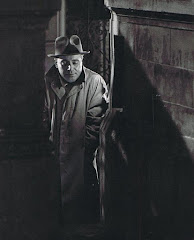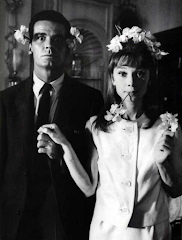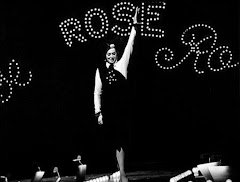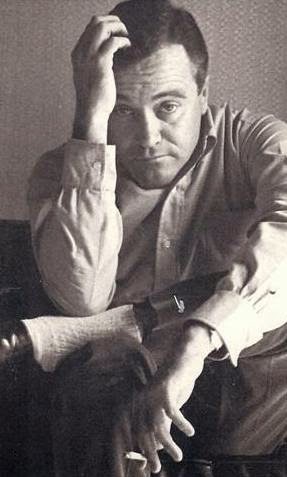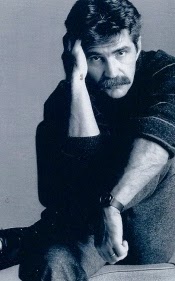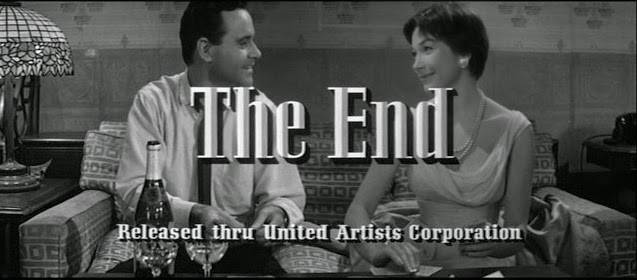
The death of that Broadway ball of energy,
Alice Playten (1947-2011), brought back a flood of memories of George Roy Hill's 1964 lark, "The World of Henry Orient," and its lesser-known musical incarnation three years later, "Henry, Sweet Henry."
For
Hill, an under-appreciated filmmaker if there ever was one, it was a fleeting return to his roots. Hill directed the original stage production of the Tennessee Williams comedy, "Period of Adjustment," and when MGM made it into a movie in 1962, Hill was part of the package, guiding star Jane Fonda through one of her most charming performances.
He followed this directorial debut with another filmed play, Lillian Hellman's "Toys in the Attic," made a year later and starring Dean Martin, Geraldine Page and Wendy Hiller.
"Henry Orient," starring Peter Sellers at his most incorrigible, was Hill's third film, based on the novel of the same name by Nora Johnson. When Hill decided to translate the material into a stage musical - a great idea, by the way - he recruited veteran screen writer Nunnally Johnson (the father of Nora) to do the adaptation and Bob Merrill to compose the music and lyrics. Don Ameche assumed the title role of the hapless lothario-pianist, and Neva Small and Robin Wilson took over the roles his loyal fans, created in the film by Merrie Spaeth and Tippy Walker, respectively.

The show opened in 1967 the same week as "Hair," and seemed hopelessly dated to the critics, who hastily dismissed it - in spite of a terrific score by Merrill (the title song, sung by Small and Wilson, is especially wonderful) and a showstopping supporting performance by Playten as Lillian Kafritz, a little snip of a girl who is totally, shamelessly evil. The original Mean Girl.
The eternally youthful-looking Playten was 20 playing the role of a 13-year-old and she brought the house down with her two numbers - the hilarious "Nobody Steps on Kafritz" and the devious "Poor Little Person."

Funny how someone's passing - someone you really didn't know - can transport you back in time, isn't it? Today, for a couple blissful hours, I dreamily returned to Radio City Music Hall, where I saw "The World of Henry Orient" during the spring of 1964 and to the Palace Theater where I enjoyed "Henry, Sweet Henry" - and Alice Playten - during the show's too-short run.
Note in Passing: Playten, with her Kewpie doll looks and disarming little-girl's voice, was a talk-show staple during the 1970s, appearing with Johnny Carson and Dick Cavett, but her true triumph was the classic commercial for
Alka Seltzer that she did with Terry Kiser, playing a bride thumbing through a cookbook looking for dubious meals for her groom:
"Stuffed crab surprise, creamed duck delight, marshmallowed meatballs, sweet and sour snails ... yum! ...
POACHED OYSTERS!"
Priceless.
 "Jack Lemmon has become the perfect personification of all harassed mankind - the outranked, outnumbered, outmanipulated little fellow with sound instincts and bad judgment. He is the one who is always taken advantage of. And if, in the end, he emerges triumphant, it's because of a basic decency rather than superior cunning or sudden inspiration."
"Jack Lemmon has become the perfect personification of all harassed mankind - the outranked, outnumbered, outmanipulated little fellow with sound instincts and bad judgment. He is the one who is always taken advantage of. And if, in the end, he emerges triumphant, it's because of a basic decency rather than superior cunning or sudden inspiration."




